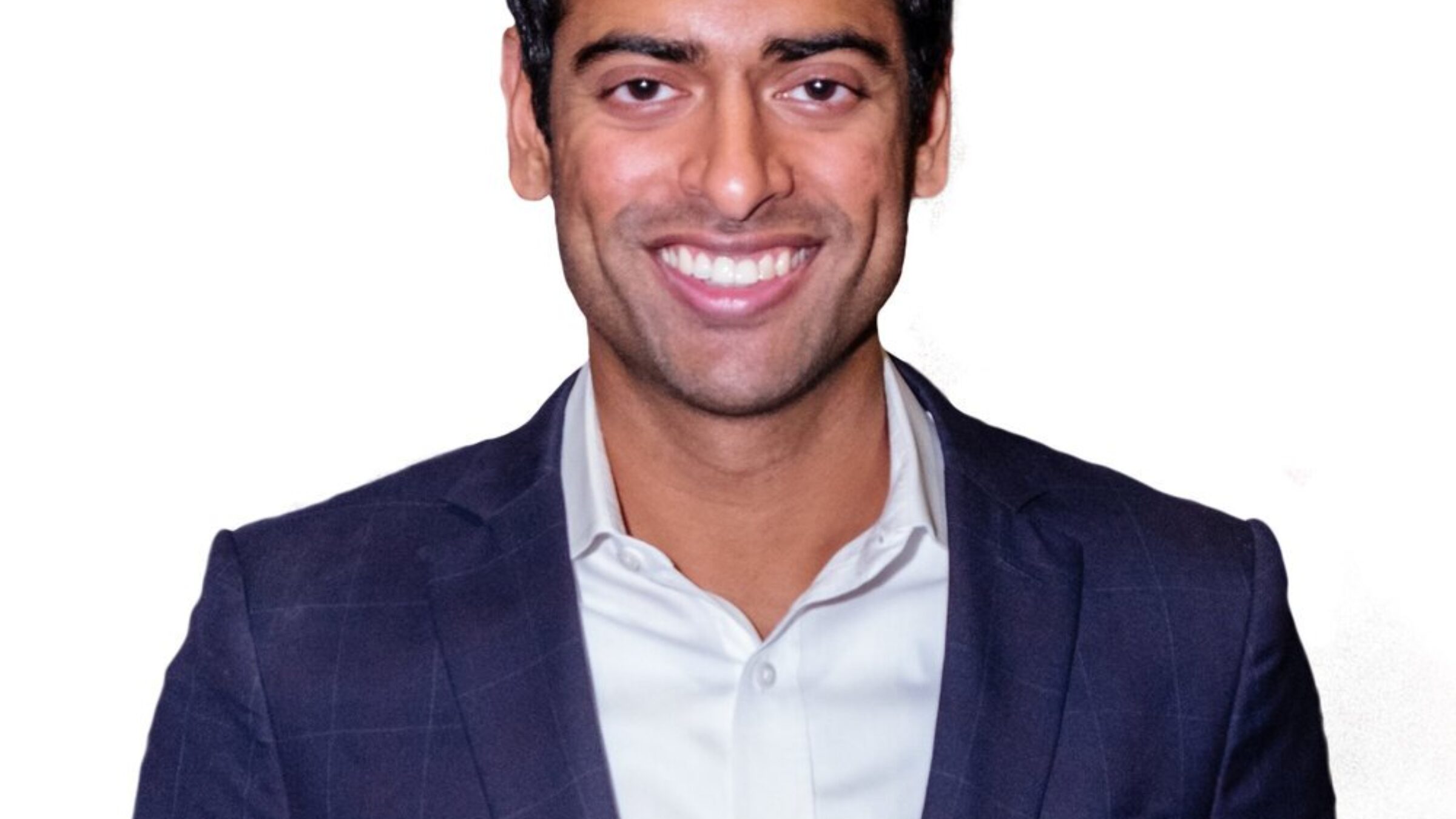Meet the reformer: Steven Olikara, cultivator of young and centrist leaders
January 31, 2020
Seven years ago Steven Olikara founded the Millennial Action Project to incubate a younger generation of diverse, technologically savvy and pragmatic leaders committed to bipartisan collaboration. The spark was a meeting two years earlier of college students awarded Truman Scholarships for public service — including Olikara, then at the University of Wisconsin. Before MAP, Olikara did a stint at the World Bank and advised the philanthropies of musicians Usher and Akon. He was on the 2017 Forbes list of the 30 most important policy and legal figures younger than 30. His answers have been lightly edited for length and clarity.

Seven years ago Steven Olikara founded the Millennial Action Project to incubate a younger generation of diverse, technologically savvy and pragmatic leaders committed to bipartisan collaboration. The spark was a meeting two years earlier of college students awarded Truman Scholarships for public service — including Olikara, then at the University of Wisconsin. Before MAP, Olikara did a stint at the World Bank and advised the philanthropies of musicians Usher and Akon. He was on the 2017 Forbes list of the 30 most important policy and legal figures younger than 30. His answers have been lightly edited for length and clarity.
What’s the tweet-length description of your organization?
The largest nonpartisan organization activating young lawmakers to bridge the political divide and strengthen U.S. democracy.
Describe your very first civic engagement.
I grew up playing in bands, and we would often perform benefit concerts for community organizations. In fifth grade, we performed a benefit show at a retirement home. We played Nirvana and ’90s rock — and the residents were totally into it!
What was your biggest professional triumph?
To have created a place for people to channel their passion and purpose is truly a blessing. And for all the policy victories we’ve been a part of, the most fulfilling part is seeing the personal impacts of MAP. For example, last semester we had an intern who said his experience with us inspired a decision to pursue state legislative work in the spirit of our mission. I get goosebumps thinking about the positive change he’s going to affect during his career.
And your most disappointing setback?
In the year leading up to launching MAP, I suffered an injury that needed 15 months of surgery and recovery. There were moments during recovery that truly tested my resilience and determination to get the organization off the ground. However, I gained a lot of perspective and a lot of good things came from it. Because I couldn’t appear much in public, this time became an opportunity for me to develop the first business plan that became the basis for MAP.
The universe has a way of challenging us on our journey toward achieving our purpose. Perhaps that’s why some of our lowest moments lead to our best opportunities.
How does your identity influence the way you go about your work?
Strongly. Growing up in suburban Milwaukee as a first-generation American with eclectic interests, I never seemed to fit into any boxes or archetypes. I first found music as a vehicle to express that complexity. And then I founded MAP to get beyond false binary choices about the challenges we face.
What’s the best advice you’ve ever been given?
A mentor once told me at a pivotal moment, “If you think someone ought to do something, that person is probably you.”
Create a new flavor for Ben & Jerry’s.
Badger Tracks or even a whole line of Wisconsin Frozen Custard.
What is your favorite TV show or movie about politics?
It’s a tie between “Lincoln” and “Selma.”
What’s the last thing you do on your phone at night?
Read the news or listen to music.
What is your deepest, darkest secret?
Surprisingly, I’m not a coffee (or any caffeine) drinker.






Join 1,900+ BIPARTISAN LEADERS NATIONWIDE
Be a part of a network of lawmakers committed to governing effectively, passing more representative public policy, and increasing public trust in democracy.